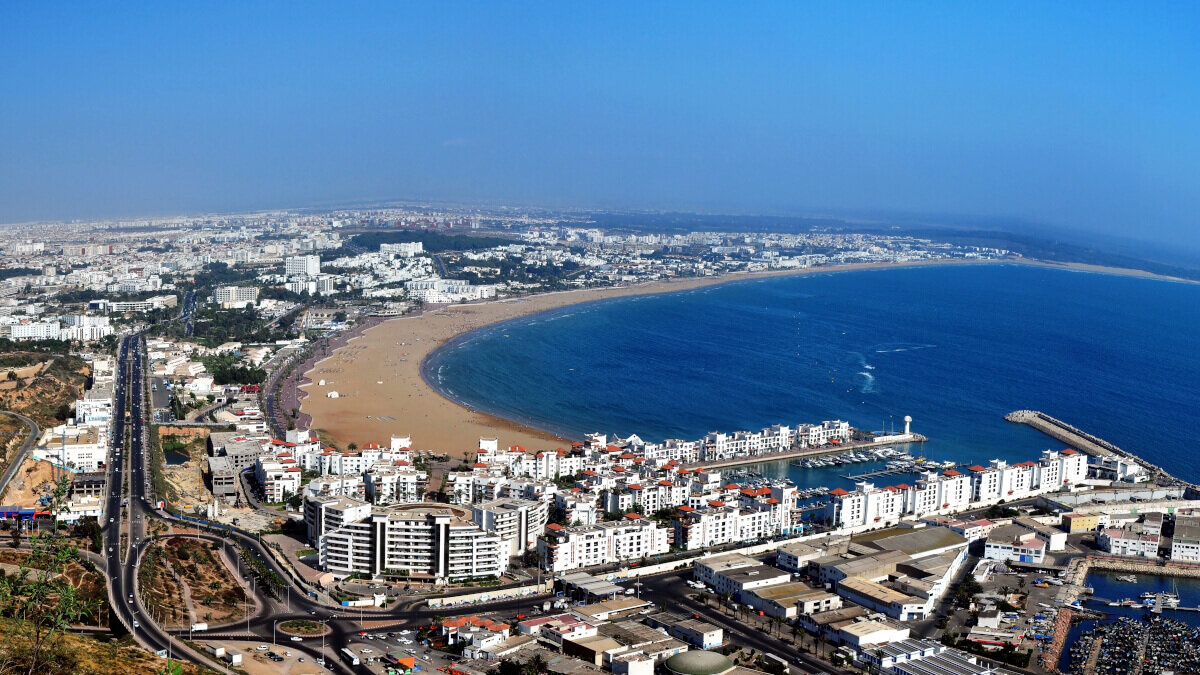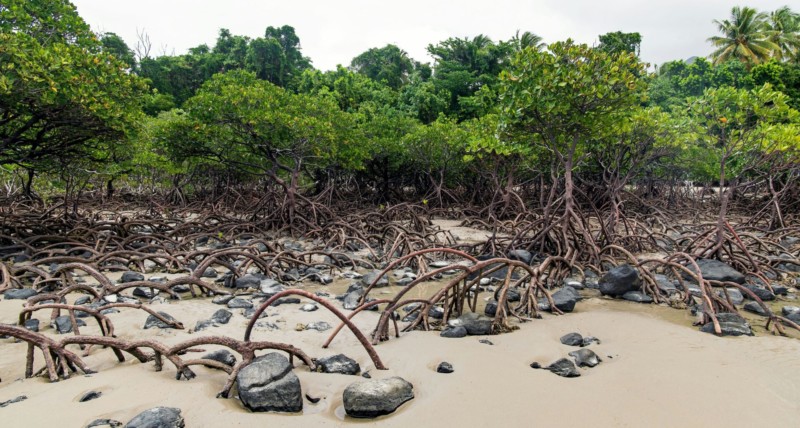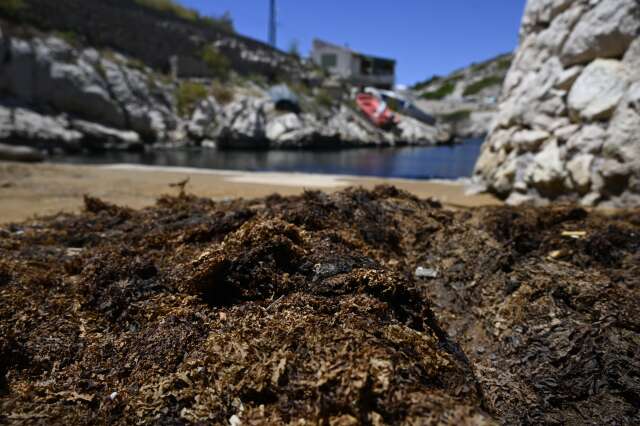
Morocco has launched a new maritime route between the cities of Agadir and Dakar, Senegal’s capital, which will strengthen trade relations with Sub-Saharan Africa. This new route serves as an alternative to road transport for goods between the two countries.
The new service is expected to benefit Moroccan truck drivers, particularly those transporting perishable goods such as fruits and vegetables, which need to be delivered quickly.
The Moroccan Ministry of Transport and Logistics recently tasked Atlas Marine with carrying out the necessary processes for launching the project, ensuring that operational guidelines are followed.
This initiative to integrate maritime transport into Morocco’s logistics strategy comes at a time when land routes to Sub-Saharan Africa are facing challenges.
Driss Bouti, President of CGEM-Sous Massa, emphasized that this partnership is a response to rising costs, security concerns, and unpredictable technical issues that often disrupt land transport.
Innovations of the New Maritime Route
Atlas Marine will use ships that not only carry freight trucks and their drivers but will also accommodate passengers, facilitating the movement of people in the region.
The new Agadir-Dakar maritime route aims to reduce dependence on land routes, which are hindered by high fuel costs, border delays, and security risks, while promoting trade between North Africa and West Africa.
This innovation in maritime transport promises to lighten these logistical burdens by offering a more cost-effective and sustainable alternative. Industry professionals view it as an opportunity to diversify trade routes and reduce environmental impact.
By developing its transport infrastructure and offering more efficient routes, Morocco strengthens its strategic advantage for continental trade, consolidating its position as a key player in African commerce and reinforcing its role as a principal link between Africa and Europe.
Moroccan Exports
According to the World Trade Organization, Morocco’s service exports in 2023 amounted to $25 billion, a 16% increase compared to 2022.
Furthermore, Morocco ranked 29th in the global export rankings, marking a significant improvement from its previous position. This progress highlights the country’s strategy to develop its service sector.
This growth also reflects the diversification of exports beyond traditional sectors. Additionally, the government’s commitment to improving its service sector has positioned Morocco as a competitive player in the international market.
Morocco, the Bridge Between Africa and Europe
This maritime route complements the existing infrastructure in Morocco, including the Tanger Med dock, which was ranked among the top 20 container ports in the world in 2023.
Moreover, this port received the Antoine Rufenacht Award from AIVP in November. This award recognizes the best city-port interface development projects and highlights those that combine innovation and sustainability aligned with the Sustainable Development Goals of the 2030 Agenda.
The new maritime connection with Dakar is expected to attract more international investments and business partnerships, further consolidating Morocco’s status as a commercial hub and becoming an essential link between Europe and Africa.



